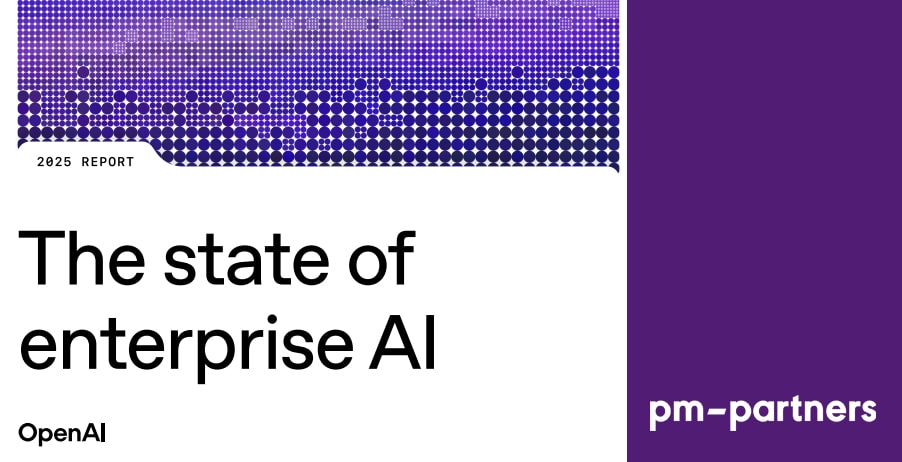The business analyst’s guide to stakeholder engagement

Organisations are increasingly acknowledging that a skilled business analyst plays a critical role in the success or failure of a project, however, what we know, understand, and essentially live and breathe as BAs isn’t necessarily congruent with stakeholder thinking.
As analysts, we need to take the time to understand our stakeholders better and consciously facilitate and sell the value in what we practice. Aside from strong technical skills, a truly successful BA will possess and harness a range of interpersonal skills for the successful delivery of business benefits. In doing so, BAs need to continuously adopt creative and forward-thinking ways to engage and maintain the interest and participation from key delivery stakeholders.
5 simple ways to initiate and sustain stakeholder engagement:
- Identify and engage stakeholders early
It’s human nature to want to feel heard and valued. The same principle goes for stakeholders vital to a project’s core functioning. The first and foremost rule to effective stakeholder engagement, is involving people early. BAs will benefit greatly from carefully identifying which stakeholders are needed early, who is crucial for influencing change, what level of involvement they should have, and then from there, how much dialogue is necessary as the work progresses. Expectations, roles and objectives are nutted out from the outset, forming a collaborative community that fosters ownership, accountability and transparency from the word go.
- Create urgency and competition
Time boxing activities creates a sense of urgency, and urgency results in focus and objectivity. The more we think about something, the more complicated we make it, and the less likely we are to prioritise it. Short, sharp incremented tasks are perceived as achievable, productive ‘quick wins’, ideal for time-poor stakeholders. - Get punchy and gain numbers
Most of us are accustomed to getting multiple calendar invitations daily. When you’re the one driving the meeting, there is nothing more frustrating than poor attendance regardless, of how much you believe your agenda to be valuable. Delegates want to know the ‘what’, ‘where’ and ‘why’, and they want to know it quickly. Be clear and crisp in your invite agenda, take care of logistics by ensuring simple things like the dial in number and code is visible and user-friendly, and get to the punchline, quickly – and if need be – creatively.
- Don’t lead horses to water – learn to facilitate!
Imagine you have been invited to a session where you are going to decompose the current state of a business rule to better understand where efficiencies can be realised. The ever enthused BA stands up at the front of the room to ‘facilitate’ the requirements session, they pelt participants with questions, and as the responses fly in they are captured on the whiteboard. More often than not the BA knows the answer they are looking for and are simply leading their horses to water. This is not facilitation, nor is it truly interactive. As a facilitator, you should merely be a guide with enough knowledge on the topic to drive a collaborative session whereby stakeholders feel empowered to collectively navigate findings, outcomes and action points. Participants are more likely to own and drive action points if they’ve been part of the discussion and decision making. - Be visual!
Warm up the plotter printers, roll out the butcher paper; the bigger the better! Many of us are visual creatures who appreciate a refreshing change from text-heavy reports and a constant stream of content bombardment. The more stakeholders can quickly grasp from visual platforms, the more likely they are to translate those concepts in to play, or relay information effectively to key colleagues involved in the delivery.
PM-Partners group have a number of Business Analysis workshops and certifications available. For more information, please click on the links below:
- Business Analysis Fundamentals
- Business Analysis in Practice
- Developing an Effective Business Case
- AgileBA®
AgileBA is a registered trademark of Dynamic Systems Development Method Limited in the UK and other countries.






